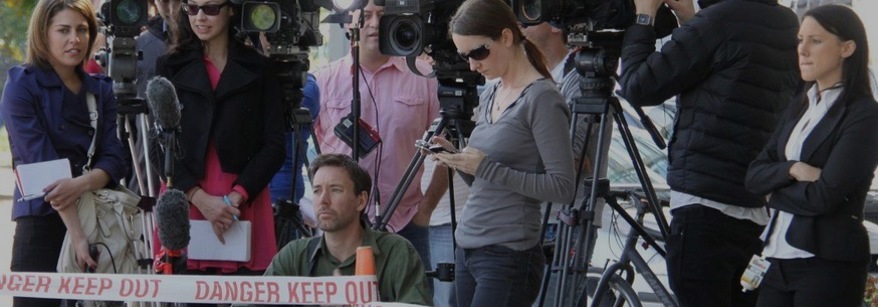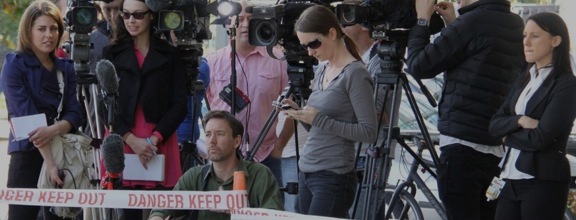

Scan to help keep the lakes pest-free
It’s now faster and easier for people enjoying the Rotorua Te Arawa lakes to confirm that their boat and trailer is free from freshwater pests.
Instead of relying on a paper form to self-certify that their vessel and equipment are pest-free, lake users can now scan a QR code found on signs at 18 boat ramps, taking them direct to an online version of the form.
Bay of Plenty Regional Council Biosecurity Officer for Aquatic Pests, Te Wakaunua Te Kurapa, said self-certification is a requirement set out in the Bay of Plenty Regional Pest Management Plan (RPMP) to help stop new pests being introduced into, and between the Rotorua Te Arawa lakes.
“The option of using a QR code-activated form and the fact that Biosecurity Officers can quickly check online to see whether people have filled out the form, means the previous obstacles for non-compliance have been removed. People can also complete the form on the Bay of Plenty Regional Council website, or still fill out a paper form which will be available at the boat ramps,” said Mr Te Kurapa.
Warranted Te Arawa Lakes Trust Biosecurity Officers will be out at boat ramps over Labour Weekend and throughout the summer period checking for self-certification compliance.
“The discovery of the invasive new-to-New-Zealand freshwater gold clam in the Waikato earlier in the year reinforces the need for lake users to be more vigilant than ever in stopping the spread of freshwater pests between waterways.”
Mr Te Kurapa said that new Check, Clean, Dry guidance has been developed by New Zealand Biosecurity on how to ensure that the clam, as well as other invasive freshwater pests do not spread.
“Lake users are asked to make themselves familiar with the new Check, Clean, Dry steps and follow them carefully. Full details can be found on the Biosecurity New Zealand website but essentially this means hosing down watercraft and equipment, draining all water, then drying for at least 48 hours. Any absorbent gear that has been used, like life jackets, should be soaked in hot tap water for at least five minutes or a diluted bleach solution for one hour.”
“We’re asking everyone to do their bit to protect the lakes and rivers that we all enjoy and love. Stop the spread of pests before they enter our waterways,” said Mr Te Kurapa.
Ends
For further information on the Regional Pest Management Plan rules and self-certification Bay of Plenty website
For further information on gold clam and the new Check, Clean, Dry advice Biosecurity New Zealand
